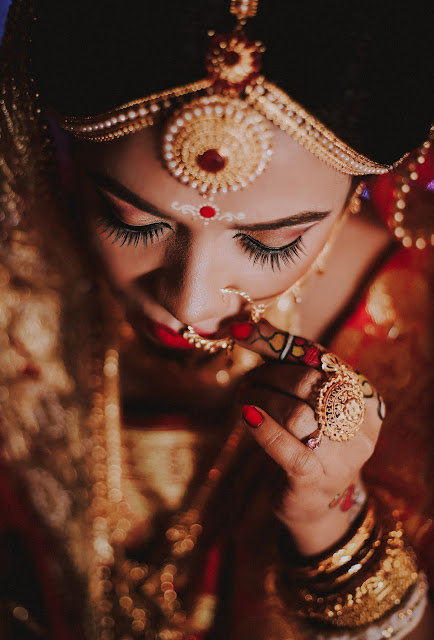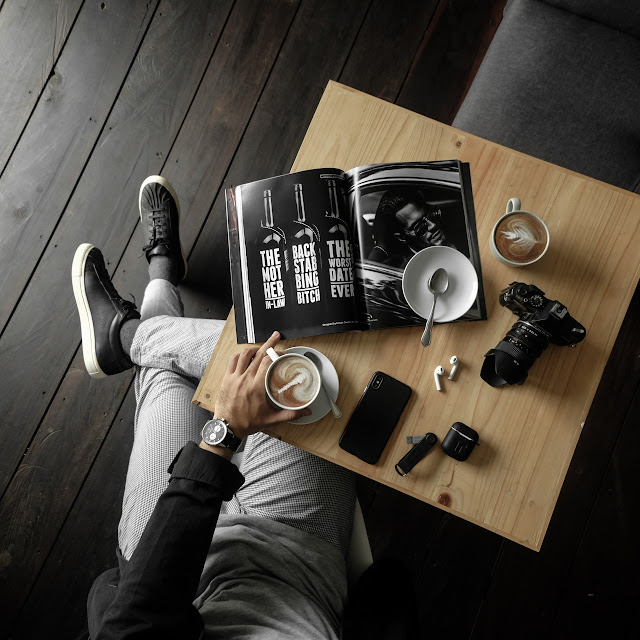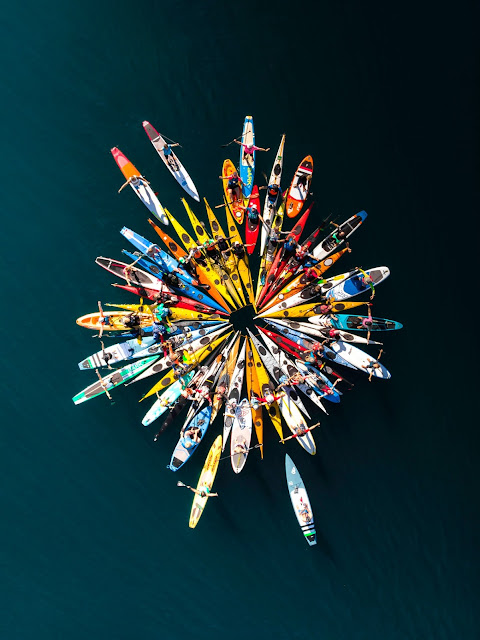Equipment You Need to Start a Photography Business..........
Equipment You Need to Start a Photography Business... A Good Camera. The first piece of equipment you need to start a photography business is a good camera. Tripod. ... Camera Bag. ... Lighting. ... Lenses. ... Backdrops. ... Props. ... Studio Space. There are five simple steps to ensure that you can get up and running with your business ASAP I think one of the biggest problems that I face with photographers when they join the likes of my experienced business group or another kind of business groups, I've been involved with over the years is procrastination in fact, so these five steps that we're looking at now are kind of things that you can do quickly it's almost kind of marketing on a kind of small piece pay a paper or B M at marketing I call it so things that you can get up and running straight away so let's look at them in turn and just a quick kind of guy what you can do to get your business up and running very very ...







Comments
Post a Comment